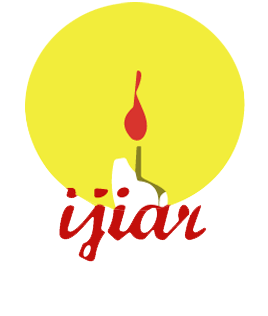RELIGIOUS LEADERS AS ADVOCATES FOR PROMOTING EXCLUSIVE BREASTFEEDING IN EAST AFRICA
Exclusive breastfeeding (EBF)during a baby\'s first six months of life is still a vital worldwide public health approach that UNICEF and the World Health Organization (WHO) support. The numerous advantages of early brain feeding (EBF) include decreased rates of morbidity and mortality in children, healthcare cost savings, improved mother-child bonding, and decreased risks of a variety of childhood illnesses. Nevertheless, the global incidence of EBF is below desired levels, especially in East Africa, despite these well-established benefits. The present publication provides a complete review of exclusive breastfeeding practices in East Africa, focusing on mom knowledge, attitudes, and practices. Research indicates notable deficiencies in mothers\' comprehension and compliance with EBF guidelines within the area. While there are several obstacles to optimum breastfeeding practices, including cultural views, HIV worries, a lack of awareness, and societal influences, interventions such as counseling and educational campaigns have not demonstrated much success, especially when it comes to young moms. The article also investigates the possible function of religious authorities as powerful proponents of exclusive breastfeeding. Considering the significant impact that religious leaders have on East African communities, enlisting their support seems to be a viable way to improve EBF practices and close current gaps. Using the power of religious leaders in conjunction with current initiatives may be a crucial way to promote and maintain the best possible breastfeeding practices, which would eventually improve the health and well-being of infants in the area.
1. Department of Publications and Extension, Kampala International University, P. O. Box 20000, Uganda.
Share this article
